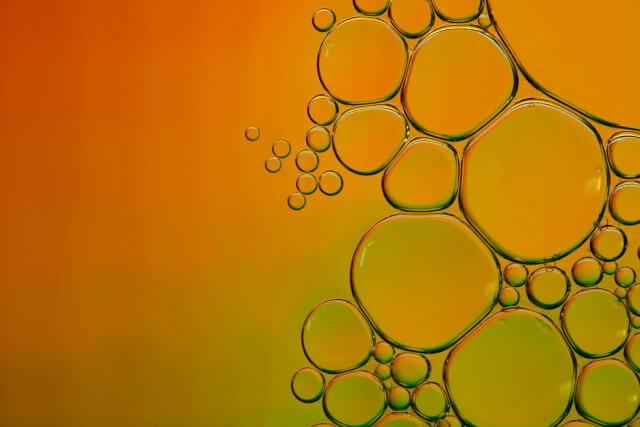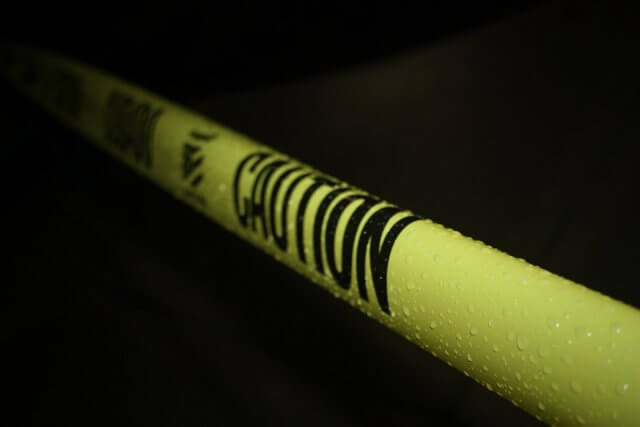If you are a pool owner or intend to be one at some stage, it is vitally important that you understand the safe use and storage of chemicals for your pool.
Where to store your pool chemicals
The first thing to consider is where you will store your chemicals. Some may assume that the garage is the perfect location; however, this may not be correct depending on the environment of the garage and whether or not you store other chemicals there.
The ideal location for storing pool chemicals is in a cool, dry and dark place that is well ventilated. It’s best to keep all chemicals out of the reach of children.
Putting them in an uninsulated garden shed may also be a mistake. Extreme temperatures can damage the chemicals. Extreme heat could set off a chemical reaction, so it is essential to store the pool chemicals in a location where the temperature is relatively neutral.
Store chemicals in a crate or container to contain any spills, leaks, or excess residue. Liquids should never be stored above solids as they leak at some point and seep into other containers, causing a chemical reaction.
Top takeaways
- Store chemicals in a cool, dry, dark location
- Ventilation is essential
- Keep out of reach of children
- Store within a crate or container
- Never store liquids above solids
- Store chemicals in a position away from extreme temperatures

Pool chemical storage rules to abide by
While you may have the ideal location where most of your chemicals are stored, it is not advised that you keep your pool chemicals with other household and garden chemicals.
Depending on the chemicals you have in storage, pool chemicals can create a potentially dangerous chemical reaction.
Following the directions on the label is heavily advised. Thoroughly read any cautions or warnings noted on the labels. You should always follow the manufacturer’s advice for the use and storage of your pool chemicals.
Never store your pool chemicals are alongside substances such as:
- Grease, oil, petrol, liquid detergents
- any other Petroleum-based chemicals
- Keep acids separate, including any types of pool acids
- Alcohol
- Cleaners and soap powders
- Quantities of water
- any kind of flammable substances
Handling and using pool chemicals safely
Before you begin using your pool chemicals, make sure that you have the correct safety gear. You should always wear gloves, goggles, a mask, and an apron or some sort of protective clothing. Pool chemicals are incredibly harsh, and it is not worth the risk of getting some in your eyes or on your skin. If you are ever unsure about the proper use of your pool chemicals, we recommend that you contact the manufacturer to gain clarity before using them. If in doubt, make sure you find out!
Never mix chemicals together unless advised specifically on the chemical label by the manufacturer. Even the smallest amount of mixed chemicals can be hazardous – from creating a chemical reaction to dangerous vapours, it’s not worth the risk of mixing chemicals.
Ensure your pool chemicals have their scoop clearly labelled so that you never mix scoops between chemicals. Mixing scoops can result in contaminated chemicals and a potential chemical reaction that could be hazardous to your health.
NOTE: Before use, all scoops should be cleaned and thoroughly dried to ensure that you avoid any risk of a chemical reaction.
When using your pool chemicals, ensure that you are adding them to a large amount of water. Chemicals added to a small amount of water can cause a hazardous chemical reaction. Never add chemicals first, then pour water over the top.

What to do if chemicals spill
Despite your best efforts, an accidental spill is still possible. Pool chemicals are corrosive and highly hazardous to your health if they come in contact with you.
It is wise to know what to do in the event that chemicals end up in your eyes or on your skin.
Direct contact with chemicals
If your pool chemicals contact your skin or clothes, wash them immediately and ensure you use a large amount of water to wash through thoroughly.
Do not touch your face before washing thoroughly, as the chemicals could end up in your eyes, mouth or nose.
If the chemicals do make contact with your eyes, stop what you were doing instantly and flush your eyes with an abundance of water. It is recommended that you then go and see your doctor or visit the emergency department immediately to ensure that the chemicals cause no damage.
Accidental spillage
If you spill the chemicals, make sure that they are all cleaned up thoroughly and quickly – this is to reduce the risk of them being spread throughout your home or making contact with your clothes or hands without you knowing. Any chemical spills or waste should be heavily diluted with water and poured into a place in the garden as they can no longer be used in the pool.
Top pool chemical tips
- When purchasing your pool chemicals, ensure that you only purchase small quantities so that they can be used before the expiry date. Never use expired chemicals in your pool.
- It is critical that you store your pool chemicals in a well-ventilated space; chlorine gas can build up, especially if exposed to extreme temperatures, and become highly hazardous if inhaled. So, store your pool chemicals in a well-ventilated low traffic location.
- Chemicals should be kept in separate containers to avoid accidental cross-contamination with other chemicals.
- Never stack pool chemicals on top of each other as they can cause an imbalance and, if leaked, can become hazardous.
- Teach children how to recognise poisonous and hazardous chemical symbols so they know to stay away in case they can reach your pool chemicals.
- Never use pool chemicals that have become rancid, discolored, separated, or have developed an offensive odor.
